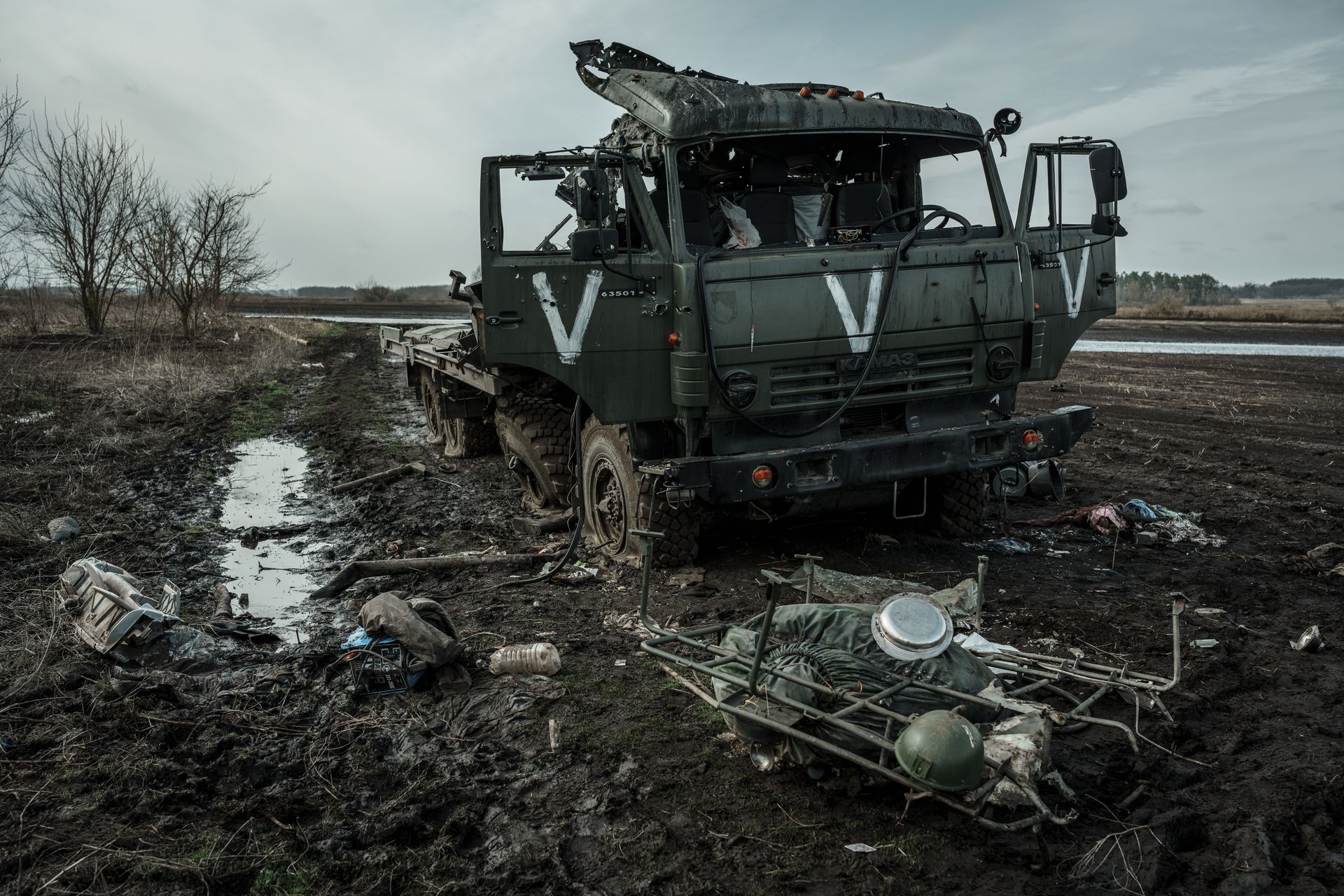Orban says Ukraine 'is not a sovereign country' following alleged Hungarian drone incursion

Hungarian Prime Minister Viktor Orban said on Sept. 29 that Ukraine is not a sovereign state while responding to allegations from Kyiv that Hungarian drones had violated the country’s airspace.
Last week, President Volodymyr Zelensky said that for the first time, reconnaissance drones likely belonging to Hungary had violated Ukraine's airspace along the border.
Budapest rejected the accusations, with Hungarian Foreign Minister Peter Szijjarto saying that Zelensky "is losing his mind."
But Orban acknowledged that Hungarian drones may have crossed into Ukraine.
"I trust my ministers, but, let's say, it (drones) flew a few meters over there, so what? Ukraine is not an independent country, not a sovereign country," the Hungarian prime minister said in a pro-government political talk show.
"We support Ukraine, the West supports it, we give it weapons — Ukraine should not behave as if it is a sovereign state."
According to Orban, Ukraine has lost a fifth of its territory during Russia's war against the country, and "that was the end of its sovereignty."
Russia currently occupies roughly 20% of Ukrainian territory, including Crimea and parts of the Donbas region seized in 2014, as well as further swathes of land captured shortly after the outbreak of the full-scale invasion in early 2022.
In response to Orban's remarks, Foreign Minister Andrii Sybiha said that the Hungarian prime minister "remains intoxicated by Russian propaganda."
Orban, a long-time Trump ally, is one of the most Kremlin-friendly leaders in Europe. He has repeatedly blocked sanctions and aid to Ukraine and opposes Kyiv's accession to the EU.
"We will be eager to hear his thoughts on state sovereignty and independence once he has broken free from his dependence on Russian energy, as U.S. President Donald Trump and European partners insisted multiple times," Sybiha wrote on X.
Hungary consumes about 8 billion cubic meters of gas each year and remains the European Union's biggest buyer of Russian gas. Most EU countries have sharply reduced imports from Moscow following its full-scale invasion of Ukraine in 2022.












